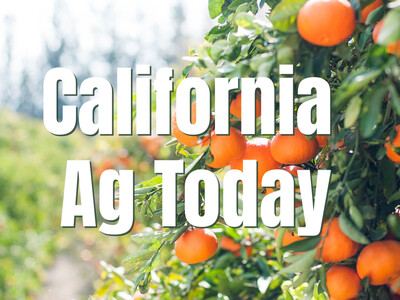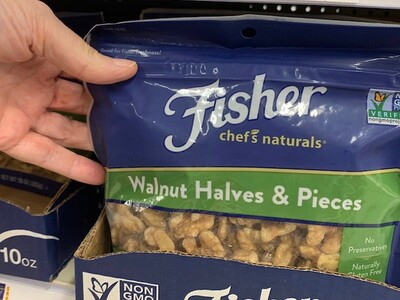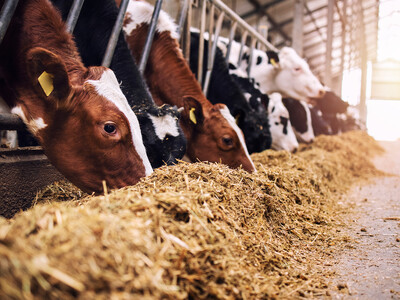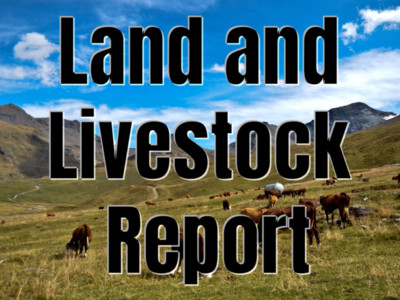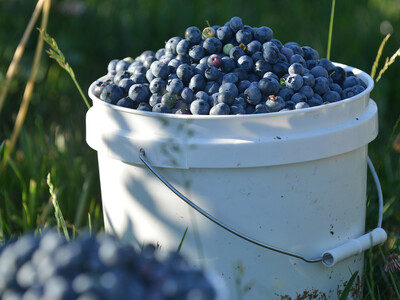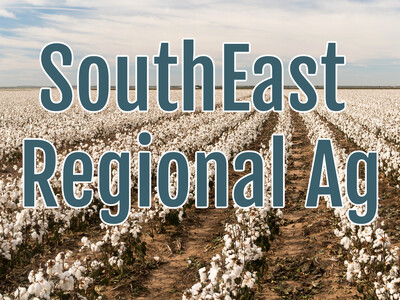Critical Time for USDA & I-522
Critical Time for USDA & I-522 plus Food Forethought. I'm Greg Martin with today's Northwest Report.The next three months is a crucial time for USDA, especially with the seasonal changes on the horizon from Mother Nature. Ag Secretary Tom Vilsack says it's time to get the work done.
VILSACK: Well it's harvest time but as I said to folks at the White House before we had the budget resolution, we have no budget at USDA, we have no Farm Bill and therefore no farm programs and we have no workforce because we don't have comprehensive immigration reform. It's a very critical time for the people who live, work and raise their families in rural areas. They need an adequately funded USDA because of the help and assistance we provide.
Washington State's GMO labeling fight continues. Initiative 522 is calling for the mandatory labeling of foods with genetically modified products. A lot of money has been spent on the "No" side but polls say it is not a clear winner even thought a lot of effort has been put into the campaign. A large contributor to the "No" side, the Grocery Manufacturers Association is being sued by the Washington State Attorney General's office for keeping the identities of contributors private.
Now with today's Food Forethought, here's Lacy Gray.
Let's talk about a really disturbing food security issue - the fact that between a third and half of all food grown on the planet goes to waste. I'll give you a moment to pick your jaw up off the floor before I proceed. According to the UN Food and Agriculture Organization that's the amount of food produced worldwide that is wasted after production. They argue, and rightly so, that the current food crisis the world is facing is not so much one of production, but one of waste. This food waste spreads like the ripples in a pond when one considers what else is wasted in the process - the water, time and energy that went into its production. So what can we do as individuals to reduce food waste? For starters, bone up on food labels so you're not throwing away perfectly edible food. Try not to prepare meals that end up being far more than you will eat at one sitting, and if you do prepare too much food, freeze the leftovers to use at a later date. When you go out to eat ask for smaller portions instead of the super sized portions served at many restaurants; you'll be reducing food waste and your waist. And remember, if you have good food items in your cupboard that you don't think you will get around to using, donate them to your local food bank.
Thanks Lacy. That's today's Northwest Report. I'm Greg Martin on the Ag Information Network.






